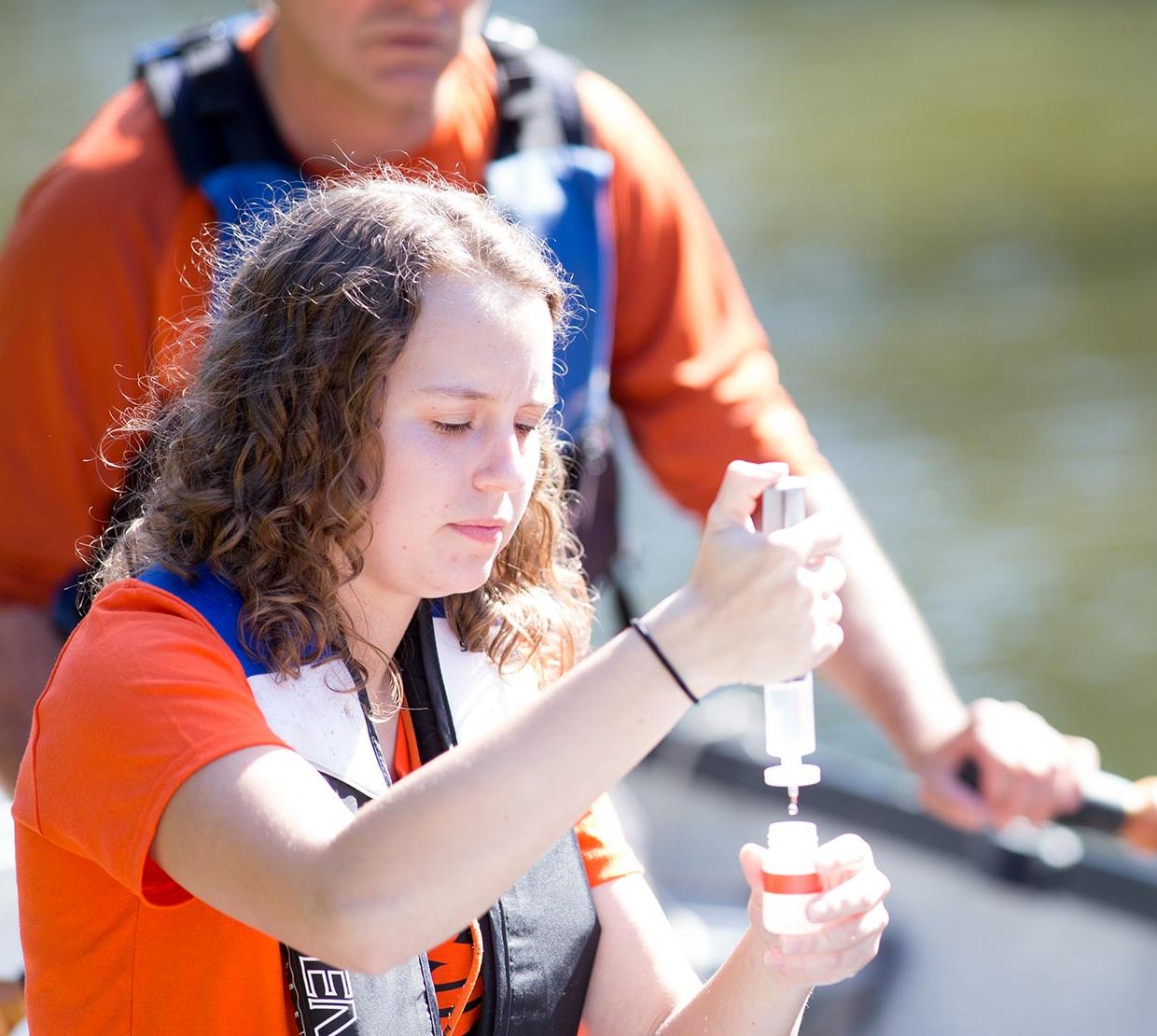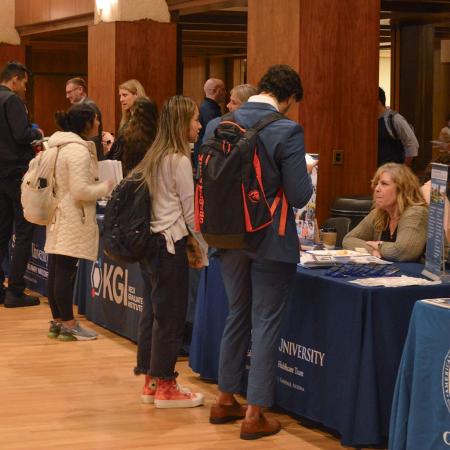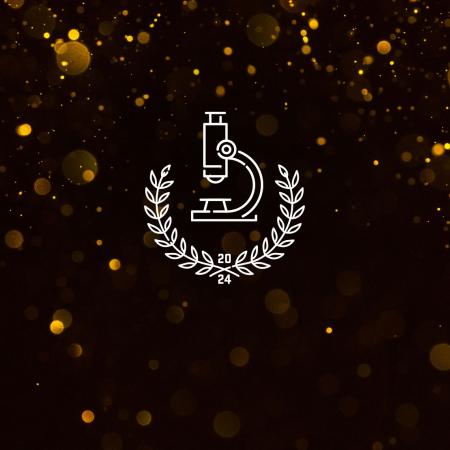If science were the Pacific Ocean, Kylie Welch would be halfway to Japan by now. With the persistence of a long-distance swimmer, she has plunged through a double major in biochemistry and biophysics and in anthropology, worked in an oceanography lab and traveled abroad. Amazed by new experiences, the Honors College senior sees herself as a connector between science and the public, between the machinery of biology and the richness of culture.
When she arrived as a first-generation undergraduate at Oregon State in 2011, she jumped in with both feet to pursue a degree in biochemistry and biophysics. Recalling the enthusiasm of her science teachers at Mountain View High School in Bend, the salutatorian was intrigued by the power of DNA, proteins and other molecules.
However, something was lacking.
“I wanted a human connection,” Welch said. “I wanted to know what this science means for people across the globe, a person in the United States versus a person in Ethiopia, Romania or India.”
Following her internal GPS, she decided to recalculate her route and combine the study of molecular machinery with a dive into the humanities.
“Biochemistry allows me to see the technical side, but then I could see how it actually affects people,” said Welch. “Cultural anthropology brings it all together. They’re two pieces of the same puzzle. Biology affects culture, and culture affects biology.”
As if that weren’t enough to propel the self-described science lover through her academic career, Welch joined the University Honors College. Small class sizes and research opportunities across the campus fit her desire to learn and to bridge the gap she perceived between science and the public. For her thesis, she began a littoral ocean project in Miguel Goni’s lab in the College of Earth, Ocean, and Atmospheric Sciences.
Read more of Kylie's story.



